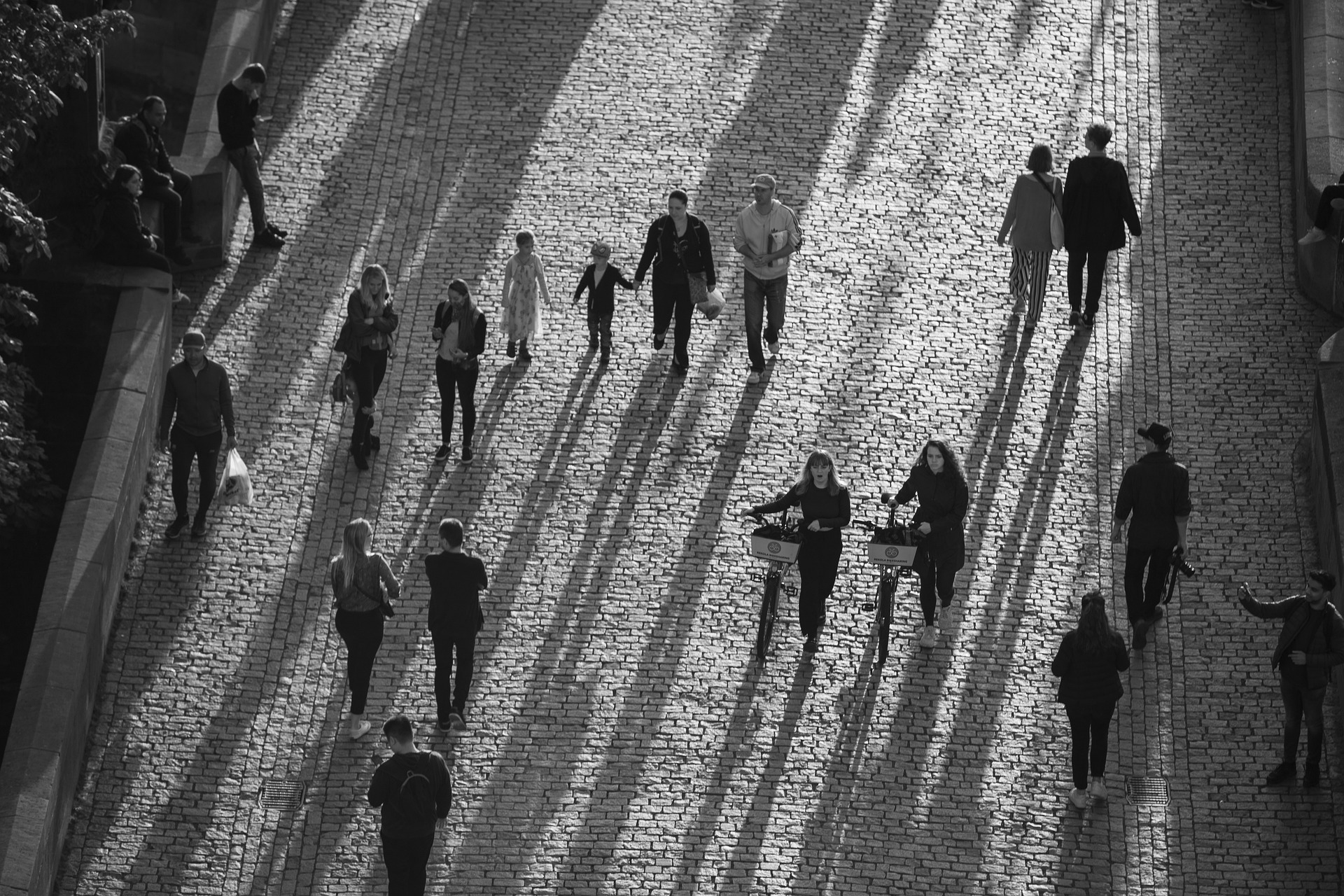A Closer Look at the Rise of Intentional Communities
Introduction: Our society is witnessing a fascinating sociological shift, as more and more people are drawn toward the concept of intentional communities. These purpose-built social groups offer a refreshing contrast to the individualistic norms of mainstream society. Read below to delve into this intriguing cultural trend.
A Historical Overview of Intentional Communities
The concept of intentional communities can be traced back to the earliest human societies. People have always tended to band together for mutual support and protection. However, the modern interpretation of intentional communities—where people choose to live together based on shared values or goals—has its roots in the utopian movements of the 19th century.
The Re-emergence of Intentional Communities
In recent years, there has been a significant resurgence in the establishment of intentional communities. This trend seems to be a response to the increasing isolation and disconnection many people experience in contemporary society. With the global pandemic exacerbating these feelings of alienation, the appeal of communal living has grown stronger.
The Societal Significance of Intentional Communities
Intentional communities present a radical departure from dominant societal norms. They challenge the individualistic, consumer-driven narrative of success that underpins much of contemporary culture. Instead, they emphasize cooperation, shared resources, and collective wellbeing. This shift towards a more cooperative, less competitive way of living could have far-reaching implications for our society.
The Impact of Intentional Communities on Modern Society
The growth of intentional communities reflects a broader cultural shift towards values-based living. People are increasingly seeking meaningful connections and a sense of belonging, leading to the rise of these communities. As more people embrace this lifestyle, we may see a subtle shift in societal values and norms.
The Future of Intentional Communities
As our society continues to change and evolve, the future of intentional communities remains uncertain. However, their increasing popularity suggests that they are more than a passing trend. They represent a longing for connection, community, and shared purpose—values that are likely to remain relevant as we navigate the complexities of modern life.
In conclusion, the rise of intentional communities is a significant sociological trend with potential implications for all aspects of our society. It reflects a deep-seated desire for connection and community, challenging the individualistic norms that dominate contemporary culture. As we look to the future, it will be fascinating to see how this trend continues to shape our society.





